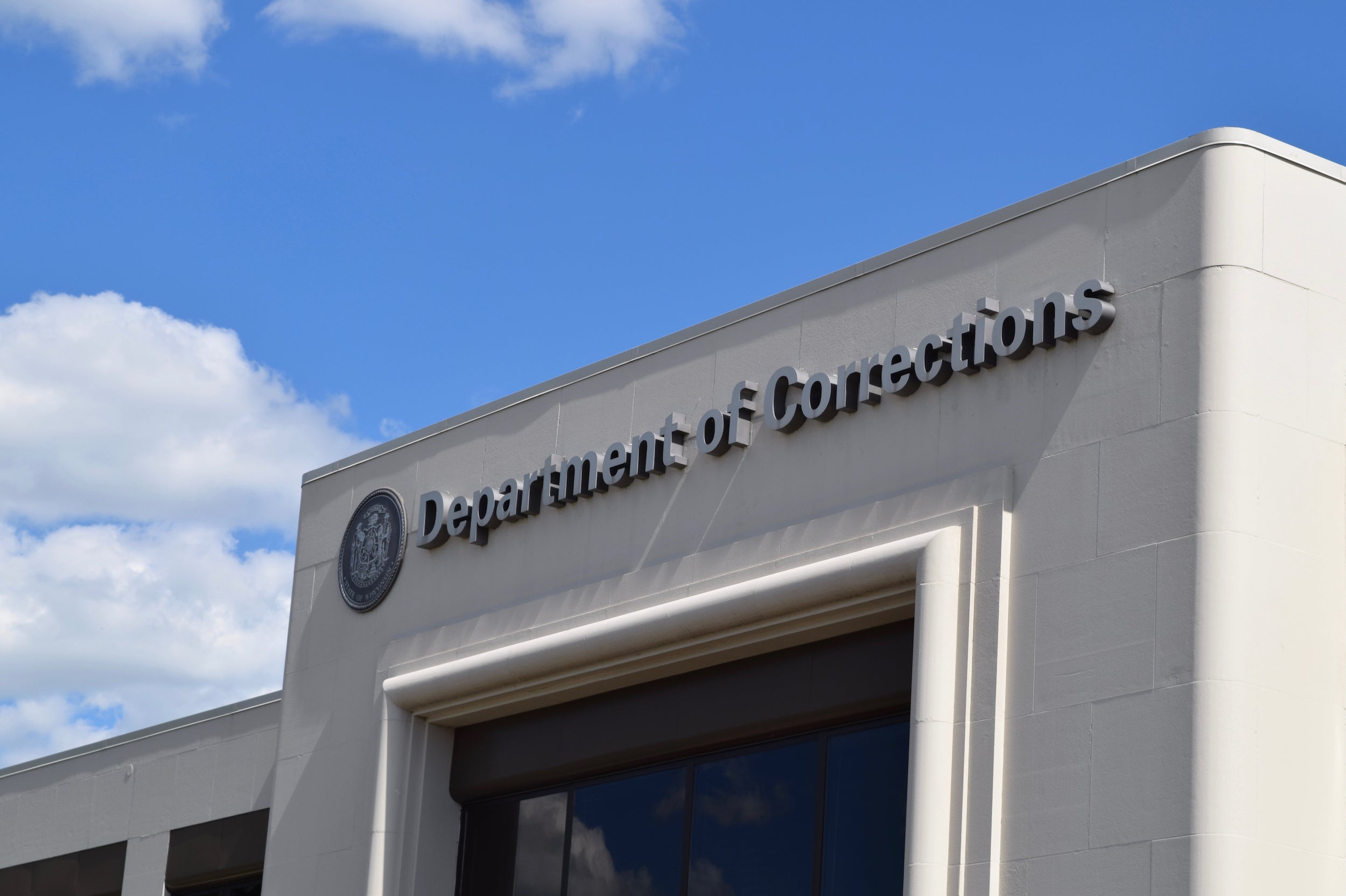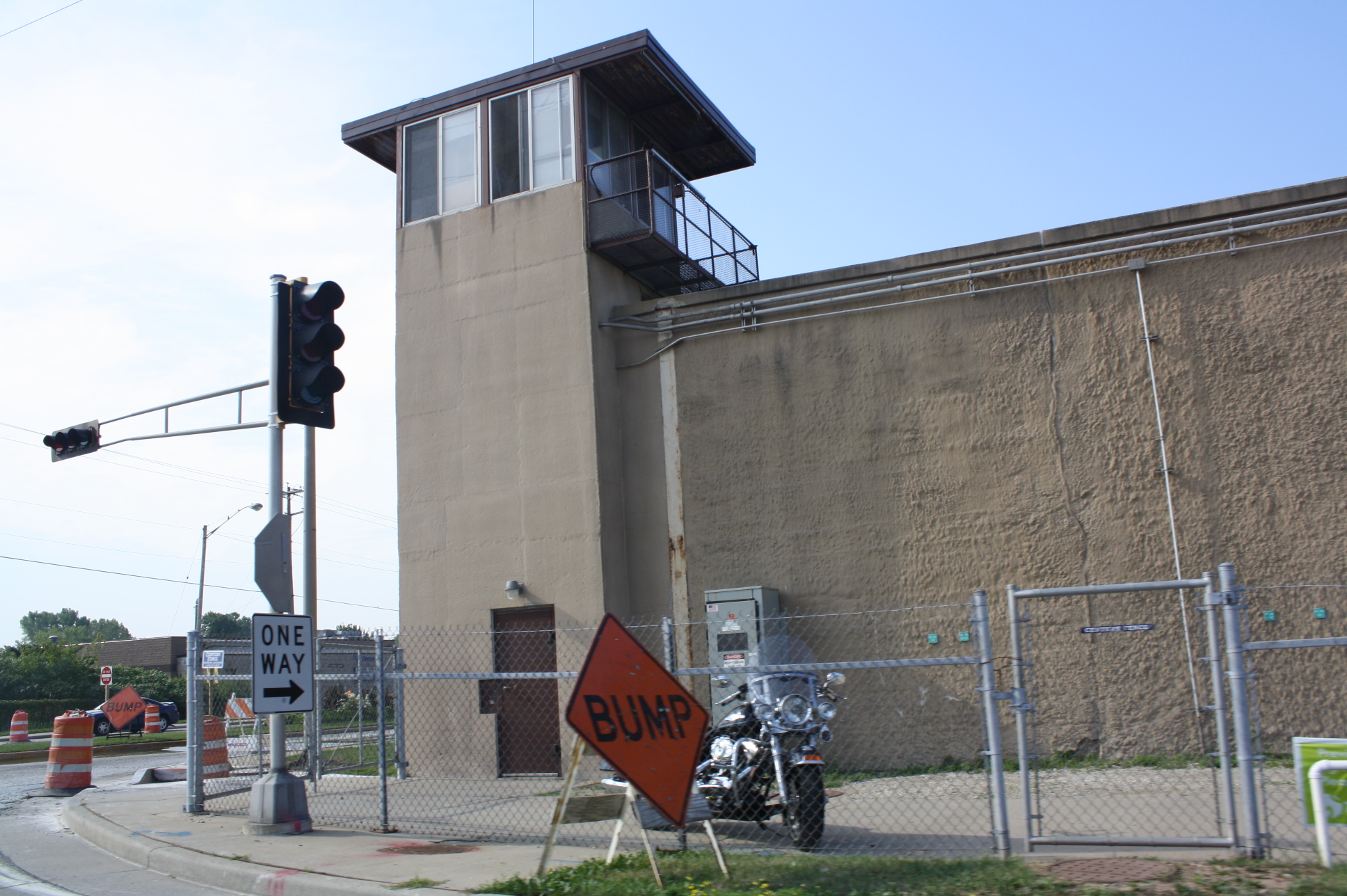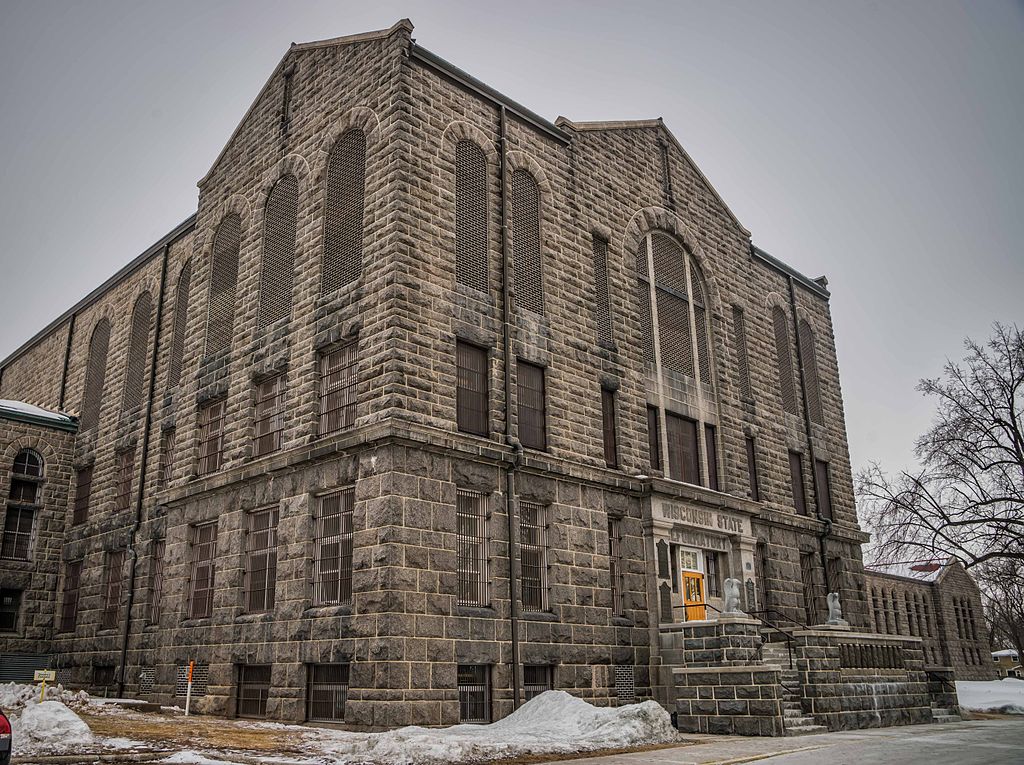Gov. Tony Evers wants to create a new office that would be tasked with oversight of Wisconsin’s Department of Corrections.
He’s asking lawmakers to approve funding for a prison ombudsperson as part of Wisconsin’s next two-year budget.
At least 19 states have prison oversight bodies with duties such as investigating complaints and performing audits and inspections, according to a review by the National Resource Center for Correctional Oversight.
News with a little more humanity
WPR’s “Wisconsin Today” newsletter keeps you connected to the state you love without feeling overwhelmed. No paywall. No agenda. No corporate filter.
But Wisconsin isn’t one of them.
That would change under a budget proposal unveiled by Evers last week. His nearly $4 billion spending plan for Wisconsin’s Department of Corrections includes about $2 million over two years to create an Ombudsperson’s Office.
That 11-person office would investigate complaints “regarding facilities, abuse, unfair acts and violations of rights of persons in the care of the department,” according to budget proposal documents. The ombudsperson would publish annual reports and be able to make recommendations to Wisconsin’s Department of Corrections, according to a Legislative Reference Bureau analysis of the budget bill.
“The work to prevent people from reoffending when they are released into our communities must start long before they ever leave correctional institutions,” Evers spokesperson Britt Cudaback wrote in an email to WPR. “Red and blue states across our country have created similar offices in addition to adopting evidence-based, data-driven approaches to corrections that have consistently shown to reduce the likelihood of people reoffending when they are released, which ultimately improve public safety and save taxpayers in the long run.”
Prison reform advocates have been calling for an ombudsman
Over the last year, a prison reform advocacy group known as Ladies of Stanley Correctional Institution has been lobbying state officials, said Rebecca Aubart the organization’s founder. Aubart started Ladies of SCI after her husband was incarcerated at the Stanley prison.
Currently, people incarcerated in Wisconsin can file grievances through what’s known as the internal complaints examiner. But Aubart said that internal process is insufficient and can cause incarcerated people to fear retaliation.
“They can’t continue to oversee themselves,” Aubart said of Wisconsin’s Department of Corrections. “It’s our taxpayer dollars that have been paying for all of this, and with the lack of transparency from the DOC, most Wisconsinites don’t even really know the full extent to what’s happening.”
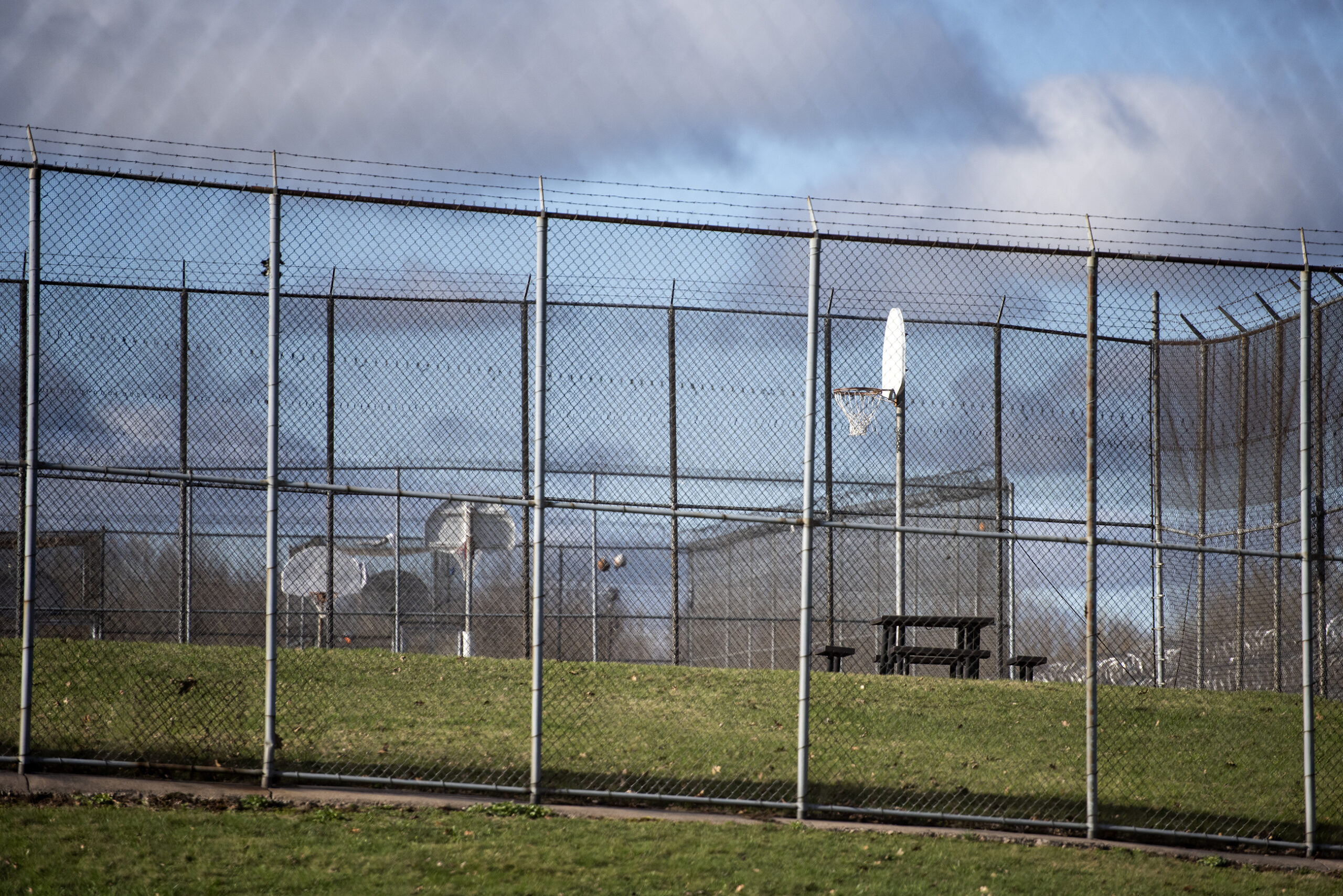
Aubart said an ombudsperson’s office would provide greater accountability by allowing an independent agency to investigate complaints brought by corrections workers and by incarcerated people and their loved ones.
Evers’ proposal requests funding for the ombudsperson’s office as part of the Department of Corrections budget. But Aubart says she believes an effective ombudsperson shouldn’t work under the Department of Corrections.
“It is meant to be completely independent,” she said. “So, with having it part of the DOC, it would have to even be called something else. That’s not a true ombudsman.”
Although Ladies of SCI has been in discussions with state lawmakers about legislation to create a prison ombudsperson, no such bill has been introduced.
Ladies of SCI shared preliminary draft legislation with WPR, which called for creating an ombudsperson’s office that would be housed under Wisconsin’s Department of Administration.
Officials with Evers’ administration acknowledged that, under the governor’s proposal, the ombudsperson’s office would be attached to the the Department of Corrections. But they said the office would operate in a “functionally independent” manner, similar to Wisconsin’s Parole Commission.
Republican-controlled Legislature has promised big changes to budget proposa
Evers’ $119 billion budget blueprint for the state’s next two fiscal years is pending approval by Wisconsin’s GOP-controlled Legislature.
Assembly Speaker Robin Vos, the Legislature’s top Republican, did not respond Monday to a question about the governor’s prison ombudsperson proposal. But on the night the governor released his budget, Vos said the overall plan was “dead on arrival.”
In a statement, Senate President Mary Felzkowski, R-Tomahawk, said she’s open to working with the governor on “creative solutions” that would “improve outcomes for corrections officers, inmates, and Wisconsin taxpayers.”
But she criticized the potential structure of the ombudsperson’s office.
“De facto lifetime appointments (which the ombudsperson appears to be), almost a dozen new bureaucrats, and millions of dollars are not creative solutions,” Felzkowski said.
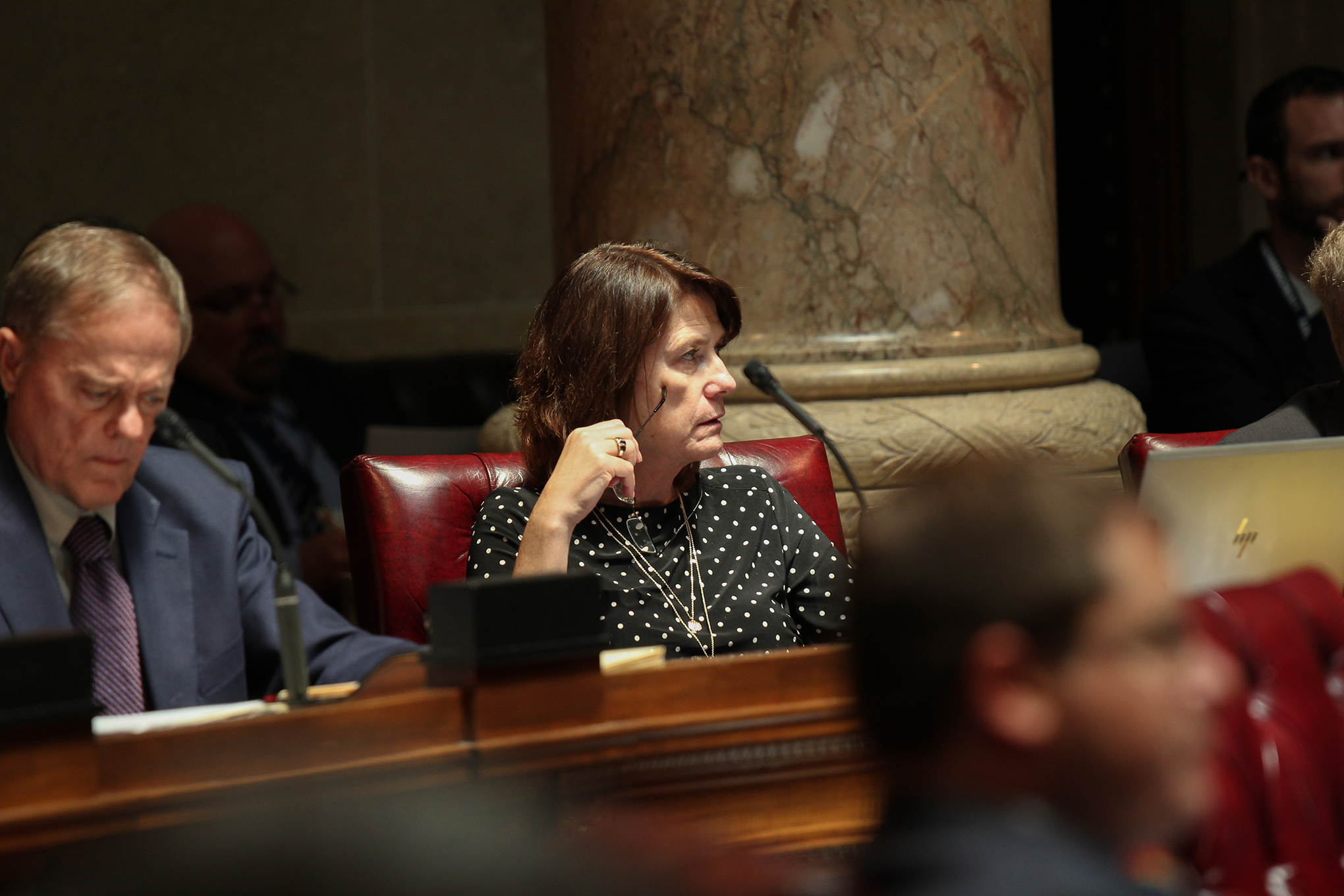
Along with running state prisons, Wisconsin’s Department of Corrections oversees the state’s probation, parole and community supervision programs. Its previous secretary resigned last year, and the department has been dogged by multiple scandals.
That includes a federal investigation into contraband smuggling by staff, and multiple lawsuits over conditions faced by incarcerated people.
At the maximum security Waupun prison, more than half a dozen former corrections workers are facing criminal charges, alleging that their neglect caused the deaths of two inmates. And, in Lincoln County, two incarcerated teens are charged with homicide in the death of a corrections officer who worked at the Lincoln Hills youth detention facility.
Evers’ Department of Corrections budget request includes a half-billion dollar reorganization of the state’s overcrowded prison system. That includes closing the maximum security Green Bay prison and expanding an early release program for non-violent offenders who complete substance abuse treatment.
Wisconsin Public Radio, © Copyright 2025, Board of Regents of the University of Wisconsin System and Wisconsin Educational Communications Board.

